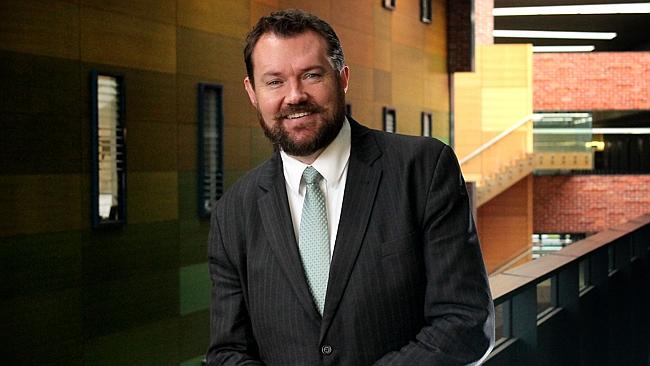Don’t get caught out by capital gains tax
There are ways to reduce the impact of capital gains tax

CAPITAL gains tax is one of the most confusing and painful payments to hit your personal finances.
Wild swings in share and property prices this financial year mean more people than usual may be facing a CGT bill, but there are some simple ways to stop it eating into your wealth too much.
CGT is charged on gains made on the sale of assets but is not set at a specific level like marginal tax rates. Instead, the gain is added to your taxable income for the year — sometimes pushing you into a higher tax bracket.
It’s not all bad news. Your own home is exempt, and if you hold an asset for more than a year only half the gain is added to your income.
Timing is everything
The next two weeks are vital, but when it comes to CGT it’s better if you take a longer-term view.
“Tax planning is a 365 day process — it’s not just about what can you do on June 29,” says Adrian Raftery, a senior lecturer in taxation at Deakin University.
In his new book, 101 Ways To Save Money On Your Tax Legally, Raftery says the simplest way to reduce CGT is to hold the investment for more than a year to get the 50 per cent discount.
“If you are thinking of selling a profitable asset, such as shares or property, it may be worth deferring the sale exchange until after the end of the financial year. By doing so you will get an extra year to pay any CGT liability,” he says.
“A good strategy is to delay selling your investment property until a year when your income will be lower and you will fall into a lower marginal tax bracket. This is particularly when investors are nearing retirement as they should consider delaying any CGT liability until they have retired and earn little or no income.”
BT Financial Group’s head of strategy and knowledge, Bryan Ashenden, say business owners and others who generate less than 10 per cent of their income from wages can make personal tax-deductible contributions to superannuation to help offset gains.
CGT also can be controlled by prepaying interest on investment loans, prepaying income protection insurance, or offsetting gains by selling investments that have made a loss.
“Offset losses against gains on assets you had for less than 12 months, so you get the full benefit,” Ashenden says.
Seek advice
Ashenden recommends anyone with a complex tax return to speak with a tax adviser or accountant, or at least visit the ato.gov.au website. Some DIY people forget that expenses such as legal fees and stamp duty can be added back to their cost base to reduce CGT when an asset is sold, he says.
“There’s plenty of help out there — don’t ignore it.”
Ashenden says before selling any assets you should ask yourself two key questions.
“Do you need to sell? If you are not going to sell you are not going to realise a capital gain,” he says.
“Are you selling the right thing? Just because something has made a big gain doesn’t mean it’s the right thing to sell.”



